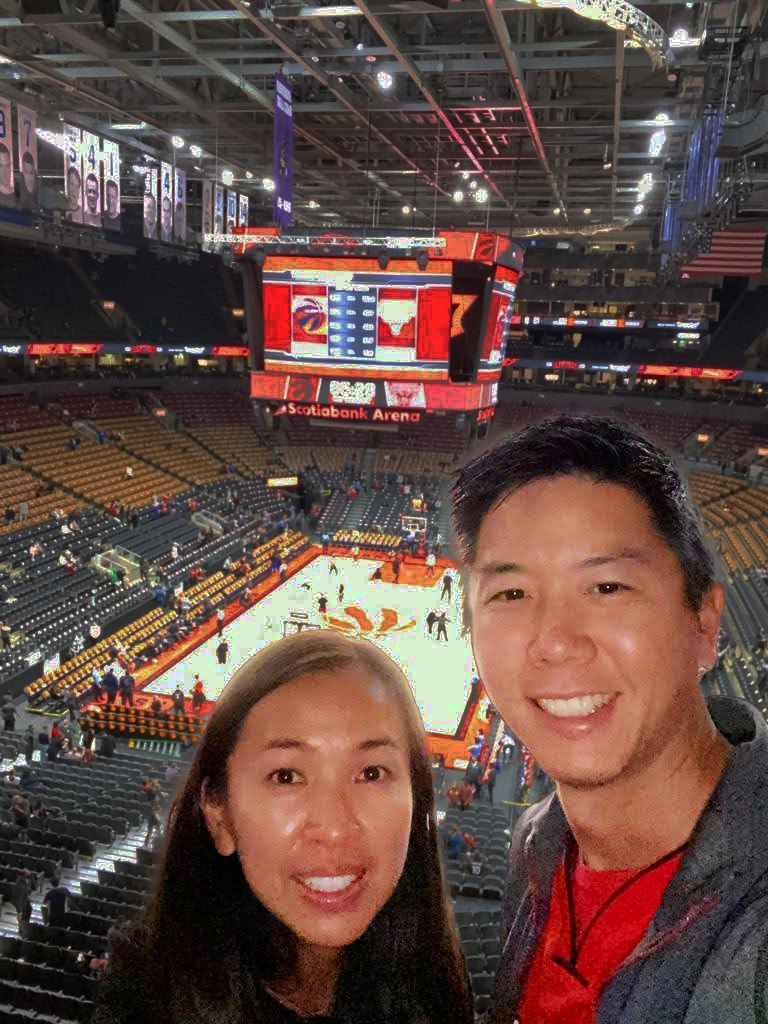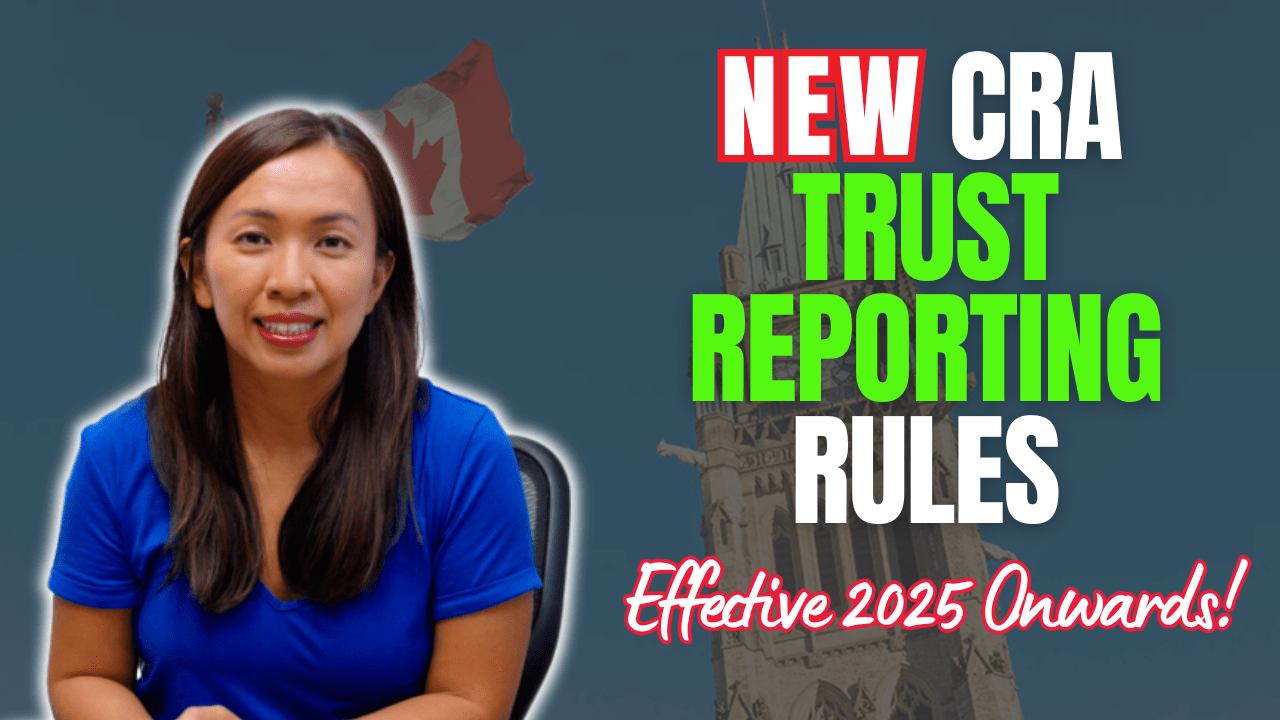Erwin and I met each other 10 years ago.

At the time when I met him, I was the classic middle-class example described in the book Rich Dad Poor Dad. I lived paycheck by paycheck, I spent all my money on a nice Mercedes and living in a 3+1 executive townhouse in Toronto by myself.
I was basically chained to my job. I couldn’t leave it because I needed the money to support my lifestyle.
I met Erwin and he introduced me to the world of real estate investing outside of Toronto.
I learned that I could refinance my Toronto townhouse and use the funds from refinancing to invest.
Erwin convinced me to use the funds to invest with him.
We found a student rental located in St Catharines targeting Brock University students. He s the property. I ran the numbers. We put in an offer in my name only. It got accepted!
Back then, offers were accepted with condition. He arranged and attended the home inspection.
I didn’t get to see the property until after it was closed.
I put in the down payment and renovation money. He put in the time and effort.
The idea is that I would be the money partner and he would be the sweat equity partner.
We would split the profit 50/50 when we sell.
That’s how we formed my very first joint venture partnership 10 years ago.
At the time, we were still dating. I was never exposed to this idea of forming a joint venture partnership. We didn’t sign any agreement.
The only thing I thought to myself was…even if our relationship didn’t work out, at least the property is in my name. If we were to break up, I didn’t have to pay him anything. 🠤 £ðŸ˜‚
Thankfully, we didn’t have to go through any ugly break up process.
Looking back, the decision to not draft up an agreement was not a smart one. In fact, after working with so many real estate investors and their respective joint venture partners, I came to realize the importance of an agreement and the details involved.
Here are the top 5 elements you shouldn’t miss when you invest with someone.
- Sign an agreement
When you invest with someone, it is extremely important to sign an agreement.
Sometimes, you might invest in a property by forming a joint venture relationship, similar to the one Erwin and I have.
Sometimes, you might invest with someone through a corporation. Both you and your partner own shares of the holding corporation.
In some other cases, you might invest through a limited partnership structure.
Regardless of the investment vehicle, you should always sign an agreement to detail all the essential terms below.
In the case of a joint venture partnership, a joint venture agreement should be signed.
In the case of a corporation, a shareholder agreement should be signed
In the case of a limited partnership investment, a limited partnership agreement should be signed.
- Who’s paying for what?
A budget and a plan of action is often created when the investment opportunity presents itself.
When I invested in the student rental with Erwin 10 years ago, I knew that I would be responsible for the down payment, the closing cost including land transfer tax and legal cost, and the initial upfront cost to renovate the property for our investment purpose. During the time, I might not have been completely aware of this domain of real estate. Maybe at that time, if I had the idea to take services from real estate firms like Tracy Homes (https://tracyhomesales.com/tracy-ca-closing-costs), I could have maneuvered the situation better, but that is now water under the bridge.
One must be aware of the fact that the initial understanding is important, but it is even more crucial if you put everything on paper so both parties have a mutual understanding of who’s responsible for the down payment.
Real estate investments aren’t always sunshine and roses.
Tenants might not pay for two weeks. Sometimes tenants don’t pay for months.
Water leaks from second floor to the kitchen, which just happened to us in one of our properties.
Who’s going to pay for the repair when the shared bank accounts do not have any cash for it?
It’s much easier to spell out who’s responsible at the very beginning…just in case.
- Who’s responsible to do what?
Even though we often refer to rental income as passive income, the reality is that it isn’t as passive as it seems.
It’s important to spell out who’s responsible to do what in the agreement. This can include but not be limited to the following:
- Initial renovation/improvement
- Ongoing property management and maintenance
- Bank accounts, books and records
- How do you split the money?
Ultimately, the reason why we choose to invest together is to generate return on investment.
The agreements need to spell out how you split the money in the following scenario:
- Net monthly cash flow from receiving rent and paying off mortgages and other operating expenses
- Cash obtained from bank refinancing – if you choose to refinance the property, who will get the refinanced money?
- Sale proceeds when you decide to sell the property
Depending on how you and your partners split the money, it poses different tax implication to different partners. When you decide to buy a property, you also incur a lot of other costs including the closing costs. You may have to research a bit before deciding on these. If at all you’re looking for a property anywhere in the US, such as Indiana, you could check https://kosciuskolakehomes.com or other similar sites to know more about closing costs.
- Conflict resolution
Business relationships are like marriages. We don’t always agree with our spouses.
It’s much easier to setup some ground rules at the beginning to decide how you want to resolve the conflict if they ever arise.
You might never have to use those ground rules to resolve any issues.
- Exit strategy
Do you have an exit plan when you invest with an investment partner?
I didn’t have an exit plan at the time when I formed this joint venture relationship with Erwin. In the back of my mind, in case of a relationship breakdown, I would just take the house that I’m on title and run. 😉
It worked out, but it isn’t right. Don’t do what I did.
The older I am, the more I come to appreciate the importance of a plan. Exit strategy is part of that plan.
If you want to hold the property for five years, whereas your partner plans to hold it for 10 years, you may have a mismatch in terms of expectation.
It’s always nice to plan ahead with exit strategy, communicate the expectation and you can always renegotiate over time.
- What if one party dies?
Imagine, you and your friend decide to invest in a rental property together. Since you guys are good friends and have a great understanding in terms of investment objectives, you don’t feel that there’s a need to set up an agreement.
Unfortunately, something happened to your friend, and he passed away unexpectedly.
Now, if his name is on title and you’re the sweat equity partner… how would you be able to access the bank accounts and financial information? Who’s going to pay for mortgages?
What if his wife, who inherited the property, doesn’t know about your arrangement with your friend and refuses to recognize your contribution?
To protect both parties, it’s always important to spell out the next steps just in case the unfortunate event happens. You may never use it, but it is there just in case.
I’m not a lawyer. These are the bare minimum that you should include in your agreement with your investment partner.
Make sure you consult with a real estate lawyer who’s familiar with joint venture agreements to set one up for you that’s suitable for your need.
Until next time, happy Canadian Real Estate Investing.
Cherry Chan, CPA, CA
Your Real Estate Accountant





